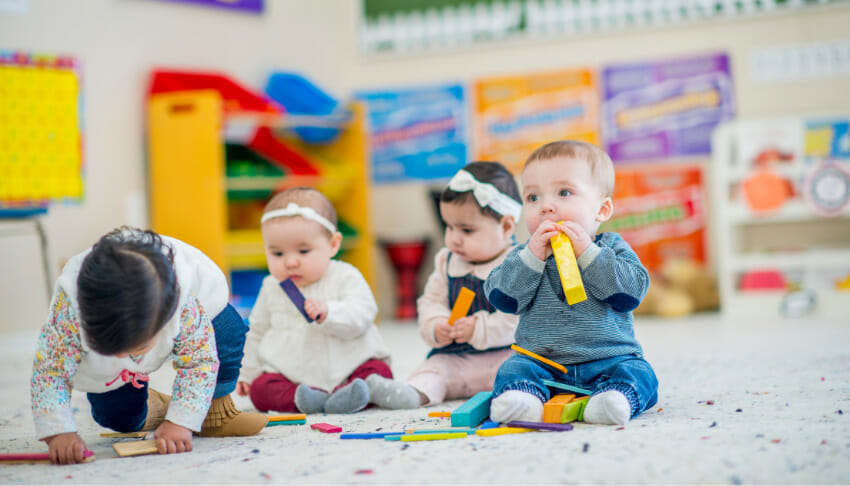Feeding kids in child care is not only about what children eat but how they’re food is prepared and stored. Having your team undertake Food Safety Supervisor training helps to maintain the highest possible standards of food safety in a child care environment.
The Food Safety Supervisor course includes,
- HLTFSE005 Apply and Monitor Food Safety Requirements
- HLTFSE001 Follow Basic Food Safety Practices
- HLTFSE007 Oversee the Day-to-Day Implementation of Food Safety in the Workplace
Under the Food Act 2006 (the Act), certain food businesses must be licensed by the local council where the food business is located. Child care providers that supply food are considered a food business and may be required to hold a licence.
Children under the age of four are more at risk of food poisoning, and there are many types of child care food business options, including:
- Long day child care centres (LDCCC)
- Occasional care and preschool
- Family day care
- Extended family care (including grandparents),
- As well as out of school hours care.
It is important to remember that a food handler is not only defined as the person in the kitchen who directly prepares food. It also includes any person that handles plates, cups, cutlery, or anything that is likely to come into direct contact with food that will be served to children in a care setting.
It is important that knowledge is current and reflected on frequently. A regular food safety agenda item at staff meetings is an effective way of ensuring food safety knowledge is current and at the forefront of mind. One month, it may cover correct hand washing and another month, it may cover food storage or cleaning.
The correct skills and knowledge of everyone involved in food handling is an important safeguard to promote the health and safety of children while minimising risks and protecting children from harm.
Food safety training for the child care industry is specialised and needs to meet specific learning outcomes. Our team at CTA Hospitality Training Australia provide practical and effective onsite food safety training courses, which are specially developed to meet your needs.
In child care facilities, food safety is everyone's responsibility, not just the food service staff. Remember that the teachers and other personnel often come in contact with the food served to the children and should be familiar with safe food handling practices. The best way to protect children from possible food-borne illness is to train all facility employees and implement quality systems and processes.





